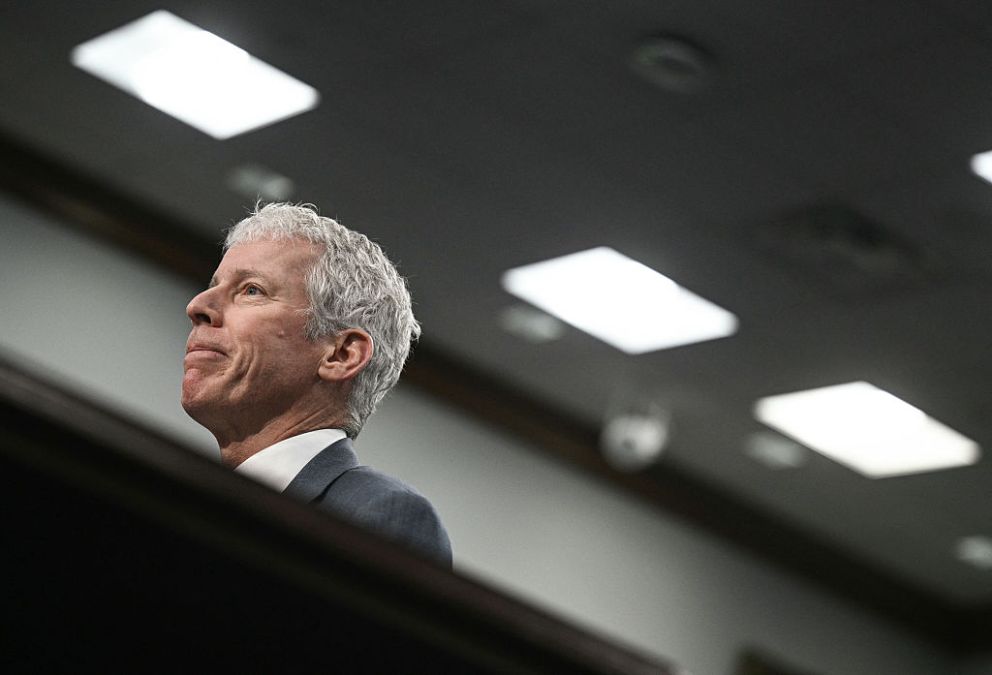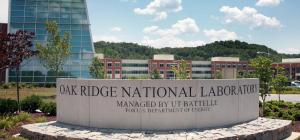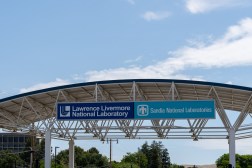Energy secretary signals reversal of some cuts to national labs

Energy Secretary Chris Wright told senators Wednesday that he’s “keen” on restoring some funding to the agency’s national laboratories, which are staring down billions of dollars in cuts.
Multiple lawmakers on the Senate Energy and Natural Resources Committee shared their concerns with Wright during a DOE budget hearing about the proposed $2.75 billion cut to the national labs in the White House’s fiscal 2026 proposal, saying it undercuts his oft-stated tech priorities.
Sen. Martin Heinrich, D-N.M., ranking member of the panel, said engineers at the Sandia National Laboratories have told him the proposed cuts will “significantly affect” national user facilities, fusion research on reactor environments, the Center for Integrated Nanotechnologies and more.
Wright said the budget hasn’t been allocated down to each individual lab, and that funding decisions will be made “on a lab-by-lab basis.” He said the proposed cuts are a reflection of “the tough world we’re in today.”
“My goal is to grow, not shrink, the output of top-quality science at our labs,” Wright said. “But do we need to be a little wiser and get the political science, not the real science, out of labs? Do we need to be a little bit more efficient running labs? We do, but are we going to gut the technology and science and what we’re doing in fusion and nanotechnology at labs? Absolutely, we are not.”
Sen. Lisa Murkowski, R-Alaska, picked up Heinrich’s line of inquiry, giving Wright another chance to comment on the national labs and whether the secretary is “good with the budget.”
“I’m actually very open to expanding the lab budget back a little bit from where the current proposal is,” Wright replied. “I’ve been voicing that AI is moving very fast. Right now, quantum computing is about to arrive, and fusion energy, a thing I worked on in my youth, is going to come to pass. And this is a time, I think, to lean in as much as we can on these large scientific efforts. And so I am keen, actually, to grow the budget for our national labs in those key areas of AI.”
The 17 national labs have been ground zero for much of the country’s most groundbreaking artificial intelligence work, housing some of the world’s fastest supercomputers, teaming with developers on the development of new tools, and researching the technology’s most adverse effects.
Wright told House lawmakers last month that the labs would play a major role in driving AI innovation, which he’s called “the Manhattan Project of our time.” But he also signaled changes for the labs, saying during that May hearing that “we are capable of doing more with less.”
The Advanced Research Projects Agency–Energy, meanwhile, also took a substantial hit in the White House budget, with a 57% proposed cut to the DOE body charged with funding the R&D for advanced energy technologies. Sens. Alex Padilla, D-Calif., and Angus King, I-Maine, both pressed Wright on his plans for ARPA-E, which King said serves as a great example of the government filling “a gap in the market.”
Wright noted that in the first Trump administration, ARPA-E was “zeroed out entirely,” but he said King could “rest assured” that the DOE component will have a place going forward.
“We will keep ARPA-E, and it’ll be at a reasonable level,” Wright said. “But, you know, it had grown fast and wild, and it backed a number of great projects, and maybe a lot of more politically motivated, not technically motivated, projects. So it’s going to be sizable and meaningful.”






